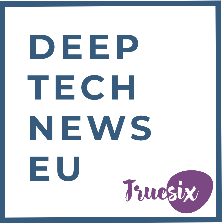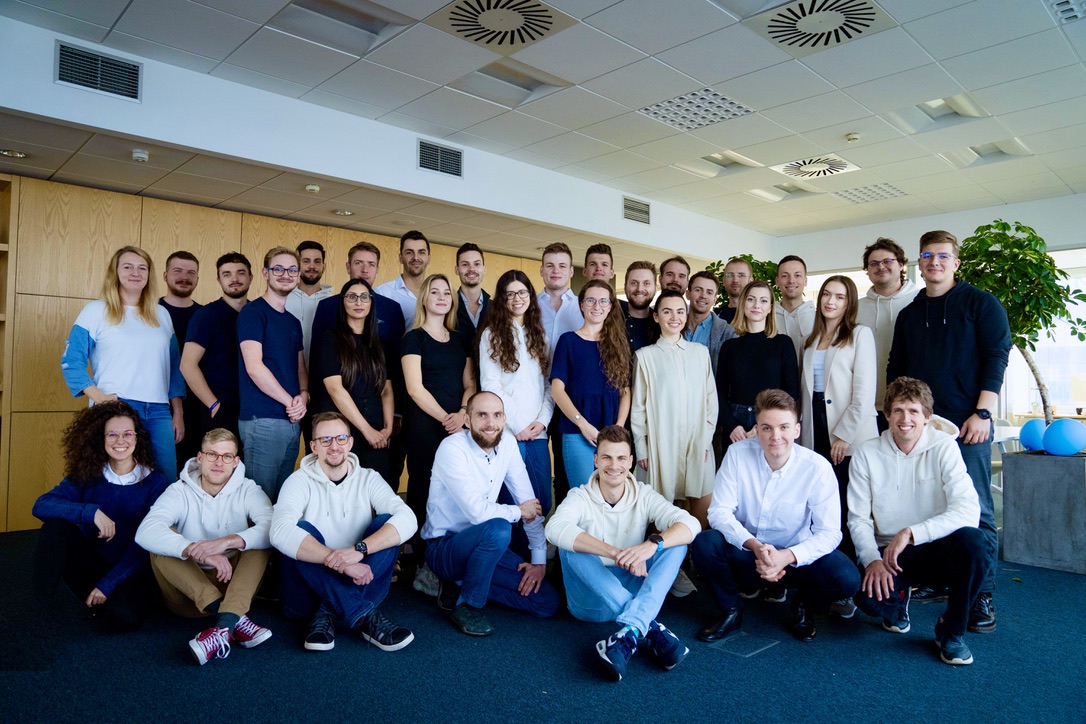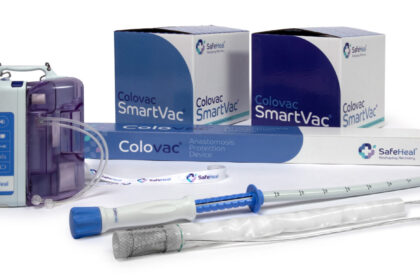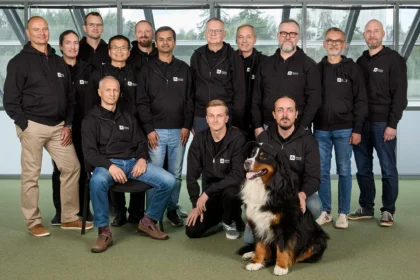Powerful Medical, a leader in AI-driven cardiovascular diagnostics, has been selected to receive over €40M in non-dilutive grant funding through the European Commission’s IPCEI Tech4cure project initiative. This is one of the largest EU contributions in a healthcare technology company to date and will be used to accelerate global adoption and clinical validation of PMcardio® – the world’s first AI-powered platform for rapid and accurate cardiovascular diagnostics.
Cardiovascular diseases are the number one cause of death worldwide, with heart attacks accounting for the majority of these fatalities. Powerful Medical’s flagship solution, PMcardio, is a certified medical device that enables clinicians to detect acute heart attacks and 48 other cardiac abnormalities like heart failure and arrhythmias directly at the first point of contact – with twice the sensitivity and up to 3 hours earlier than current methods. With the ability to analyze a standard 12-lead ECG image within seconds and compare it against millions of past patient records, the device delivers immediate, evidence-based diagnostics, addressing a critical gap in today’s clinical practice.
In the first half of 2025, PMcardio helped identify over 36,000 cases of acute heart attacks and is estimated to have contributed to saving more than 1,000 lives. Its ability to deliver precise and timely diagnosis in real-time clinical settings has proven essential for effective patient triage and minimizing time to treatment, and improved patient outcomes in acute care scenarios, where timely intervention is critical.
The secured IPCEI funding will accelerate further development of Powerful Medical’s new AI models and will be pivotal to expand PMcardio’s reach across the healthcare systems in Europe and the US, with added evidence from prospective randomized controlled trials, ensuring the highest level of clinical validation.
“With the early belief and backing of our investors – including Zero One Hundred, LifeX Ventures, and Venture to Future Fund (backed by the EIB) – we’ve already demonstrated the immense potential of AI diagnostics, saving thousands of lives of heart attack patients. Now, with this transformative IPCEI grant from the European Commission, we’re ready to exponentially increase our impact and save millions of lives worldwide. This marks a critical leap toward our ultimate vision: making accurate, life-saving cardiovascular diagnostics available to everyone, everywhere,” said Martin Herman, CEO of Powerful Medical.
Earlier this year, the PMcardio STEMI AI ECG Model, dubbed the Queen of Hearts™, received the U.S. FDA Breakthrough Device Designation and was enrolled in the FDA’s Total Product Life Cycle Advisory Program (TAP) – the most selective fast-track program for technologies that address unmet clinical needs.
“The impact of our technology goes beyond the immediate treatment of heart attacks – it extends into the future well-being of patients. Our AI models in development focus on ECG-based screening of heart failure in asymptomatic patients during routine check-ups and early recognition of sudden cardiac death predictors, like Brugada syndrome and hypertrophic cardiomyopathy. Our goal is to give patients the best chance for a longer, healthier life,” said Dr. Robert Herman, PhD, Chief Medical Officer of Powerful Medical.
The Tech4Cure initiative, through which the company received the grant, is poised to make healthcare better, faster, and more affordable, supporting cutting-edge projects that aim to improve patient outcomes, reduce healthcare costs, and enhance the lives of EU citizens.
“The truly innovative projects in this IPCEI will improve patient outcomes, cut healthcare costs, and enhance EU citizens’ lives,” said Teresa Ribera, Executive Vice-President of the European Commission for Clean, Just and Competitive Transition. “Not only that, this IPCEI creates a wide ecosystem in the European healthcare sector, where breakthrough innovations are shared along the value chain. This will strengthen the entire chain in the EU and help the green transition of the medical devices industry. The aid we approved enables investments in the next generation of medical devices.”





